 In the Parliament. Speaker of Parliament Hammouda Sabbagh (left) is discussing return of refugees with Mikael Jansson, Sweden. Photo: FWM
In the Parliament. Speaker of Parliament Hammouda Sabbagh (left) is discussing return of refugees with Mikael Jansson, Sweden. Photo: FWM
Visit to Syria: Will the refugees in Europe return?
Syria is now safe except for one province that remains to be liberated, and former refugees are needed to help rebuild the country. That was the message received by Mikael Jansson, Swedish Member of Parliament and candidate for nationalist Alternative for Sweden, when he visited Syria last week. Reporters from Free West Media were included in the official delegation and interviewed several political and religious leaders as well as returning refugees.
Published: September 4, 2018, 10:23 pm
• Meeting with Speaker of the Syrian Parliament
• Speaking to the Grand Mufti, Islam’s highest leader in Syria
• Visiting war-torn liberated areas
• Speaking to Christian leaders in the historical village of Maaloula
Mikael Jansson from Alternative for Sweden (AfS), MP and member of the Parliamentary Committee on Defence, visited Syria last week. Syria has been put under heavy economic sanctions by the European Union and migrants from Syria are discouraged by Swedish authorities to return to their country. Here Jansson and AfS expressed a common interest with the Syrian state: to help refugees return to their country and help rebuild what has been destroyed during the war.
The message Mikael Jansson received in Syria from political representatives and religious leaders was that the country is now safe. The terrorists who held hostage large residential areas housing tens of thousands of civilians, have been defeated everywhere except for the northwestern province of Idlib, where a large-scale Syrian offensive is close at hand.
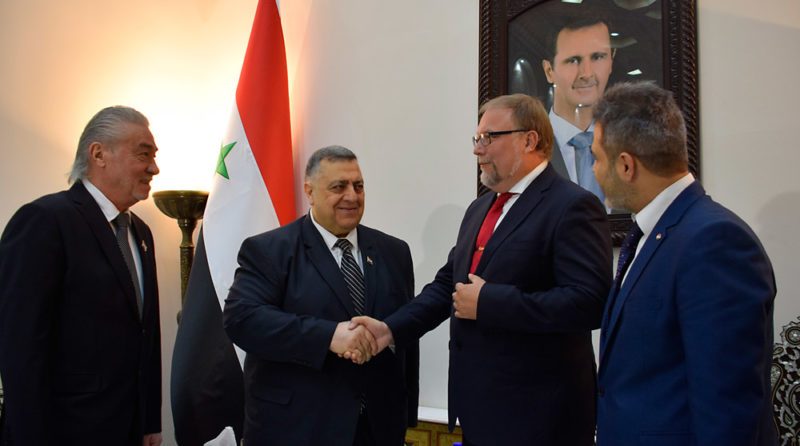
Deupty Speaker of Parliament Najdat Anzour, Swedish MP Mikael Jansson and Speaker of Parliament Hammouda Sabbagh. Photo: FWM
“They want as many [refugees] as possible to return now, because they need all the help they can get in order to rebuild the country again,” Jansson told FWM.
Refugees have already started coming back from Lebanon and Jordan, but mostly it’s the internally displaced who are returning to their homes to see if their houses have remained standing through the devastation and are trying to go back to their lives as they were before the war. The government is making big efforts to get electricity, water and sanitation working in the devastated areas, and buildings are being repaired everywhere.
Foreign minister condemns Jansson’s efforts
In Sweden, the government, which has participated in isolating Syria politically, was upset by Jansson’s visit. After Mikael Jansson’s return from the official visit, daily newspaper Expressen “revealed” that Jansson had “secretly” travelled to Syria.
Foreign minister Margot Wallström (Social Democrats) condemned the initiative: “It was inappropriate and shows a lack of judgement,” said foreign minister Margot Wallström (Social Democrats), and went on to blame president Bashar Assad for the deaths of hundreds of thousands of people.
When FWM spoke to Jansson, he was not backing down. “It’s important to see for yourself what is going on in Syria, because you can’t trust Western media in this regard. They are just echoing Washington,” he says.
Vice Prime Minister Isabella Lövin (Green Party) told the newspaper Dagens Nyheter that discussing re-migration was a “horrible idea”, and claimed to be shocked at how fast the return of refugees were proceeding.
Jansson replied that the government should have made this trip a long time ago in order to look for possibilities for the refugees to return, as the war against the terrorists had been won.
“I did what the government should have done a long time ago. Do they want to use the sanctions to prevent the rebuilding of Syria? Are they intent on delaying the return of refugees, and if so, what’s the reason behind this?” he asked.
Concerning President Assad, he noted: “Certainly, this is not a democracy by Swedish standards, but Western democracy may not be suited for every people and every culture. Look at what happened when the United States tried to bring democracy to Iraq or Libya, not to mention Afghanistan. If they succeeded in bombing Assad away, who would they negotiate with? How many more people would have died?”
In conclusion, he added that the attention his visit has created was positive insofar as it got the debate going instead of everyone just repeating the official line of Washington.
“Most importantly, more people should visit Syria and find things out for themselves,” he said.
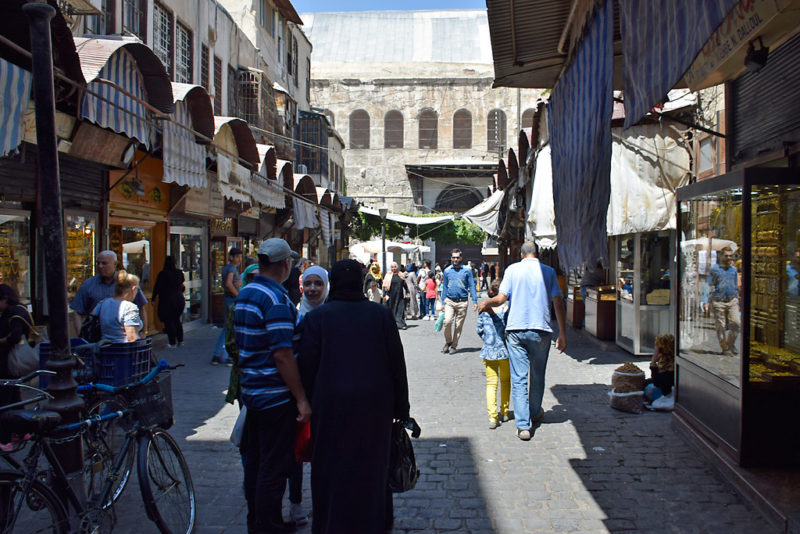
It’s hard to believe there was recently a war around Damascus, when seeing the busy streets. Photo: FWM
FWM took part in the official delegation in order to see the situation firsthand, talk to the people and see how reconstruction was progressing. What touched us the most was the stubborn resistance of the civilian population who have refused to let themselves be scared into a life of silence in concrete shelters.
When terrorists fired artillery into residential areas in the capital of Damascus, the population defied them by continuing to dance, sing and eat as they normally would, despite the danger. A restaurant owner told us that a shell struck close to his establishment. One of his close friends had his heart pierced by a fragment and died, but fifteen minutes later the dance floor was full of people again. People were determined not to let terror get the upper hand.
“We are a mostly Muslim country, but if anyone shouts “Allahu akbar” nowadays, we all dive under the tables,” he says.
Returning refugees needed in Syria
The most important message we picked up from both political and religious leaders is that the former refugees are needed in order to rebuild their home country. A representative of Syria’s Department of Foreign Affairs told us that young men will be required to report for military service within six months of their return, but other than that, the returnees are not subject to any requirements or sanctions – unless they are wanted for war crimes or terrorism, of course. At the same time, he wanted to emphasize that countries who took part in the war against Syria, particularly the UK, the USA and France, all share a responsibility for the plight of the refugees and should be expected to contribute to the reconstruction so that the refugees can return to more liveable conditions.
Bishop Louka H. El-Khouri at the Patriarchal Auxiliary of the Patriarchate of the Greek Orthodox Church of Antioch, Damascus, directed a message to his countrymen abroad, Christians and Muslims:
“Today, Syria is free of terrorism, 96 percent free. Damascus and its suburbs are free of terrorism, most of Syria’s cities, towns and regions are free of terrorism. Thus, we ask you: if you love your country, return home! He who has no homeland has nothing. So think of your country; come back to your fatherland that took care of you since you were children and help us rebuild it.
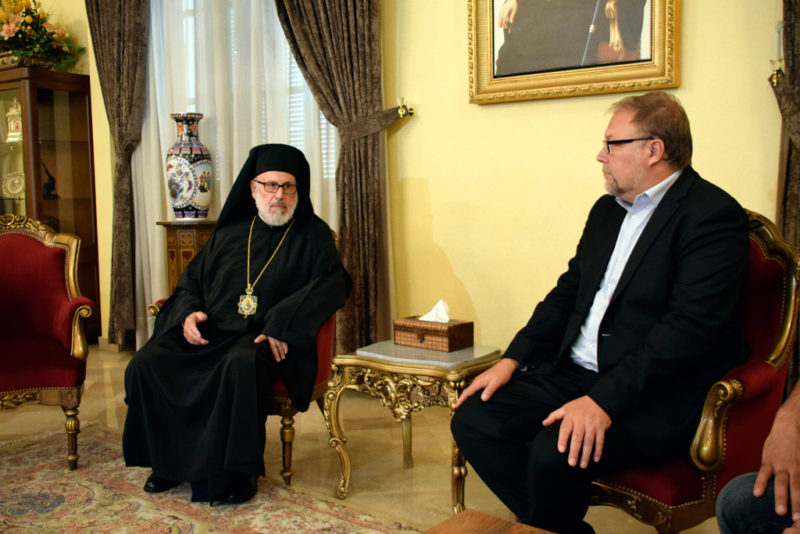
Bishop Louka H. El-Khouri at the Patriarchal Auxiliary of the Patriarchate of the Greek Orthodox Church of Antioch, Damascus. Photo: FWM
Despite Syria already having an agreement of return with its neighbour Lebanon, and despite several high-ranking Syrians who Mikael Jansson spoke to expressing their wish to reach an agreement with Sweden about returning refugees, Sweden’s ruling parties have shown a complete lack of interest in establishing communications with Syria in this regard.
The latest assessment by the Swedish Migration Agency was made as early as February 2. In a legal commentary based on information from Lifos, the Agency’s centre for foreign information and analysis, Fredrik Beijer, head of the Agency’s legal department, wrote that the security situation in Syria was still very grave: “Our assessment is that all Syrians are still in need of protection and we are closely monitoring the situation as it develops.”
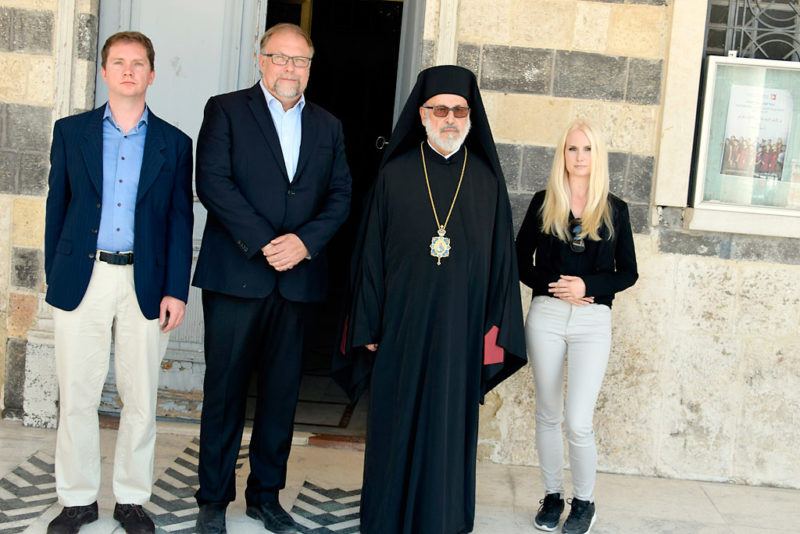
FWM reporter Vávra Suk, MP Mikael Jansson, Bishop Louka H. El-Khouri, FWM reporter Sanna Hill. Photo: FWM
Lebanon has over one million Syrian refugees, and hope is growing now that they have started to return home. While Lebanese authorities provide help to prospective returnees with information and practical organising, returning is still completely voluntary.
Still, they have gotten into disputes with the UN refugee agency, UNHCR. Despite the agreement having the support of both the Lebanese government and many other parties and groups, the UNHCR has threatened to cut off support for those refugees that leave Lebanon, which led to Lebanon declaring a freeze on residency permits for the UNHCR staff.
Warns of jihadists among refugees
Both Bishop El-Khouri and Syria’s Grand Mufti Ahmad Badreddin Hassoun wanted to convey a warning to the Swedish people that, among the refugees, there are many extremists who have committed crimes in Syria.
The Grand Mufti reminded us of the widely noted case of the Yazidi girl in Germany who encountered her tormentor, an Islamic State warrior who held her as a sex slave in Syria. When she reported this to German authorities, they answered that he was as much a refugee as she was.
“Is this democracy? Meanwhile, they bomb Syria and Yemen in the name of democracy,” said the Grand Mufti.
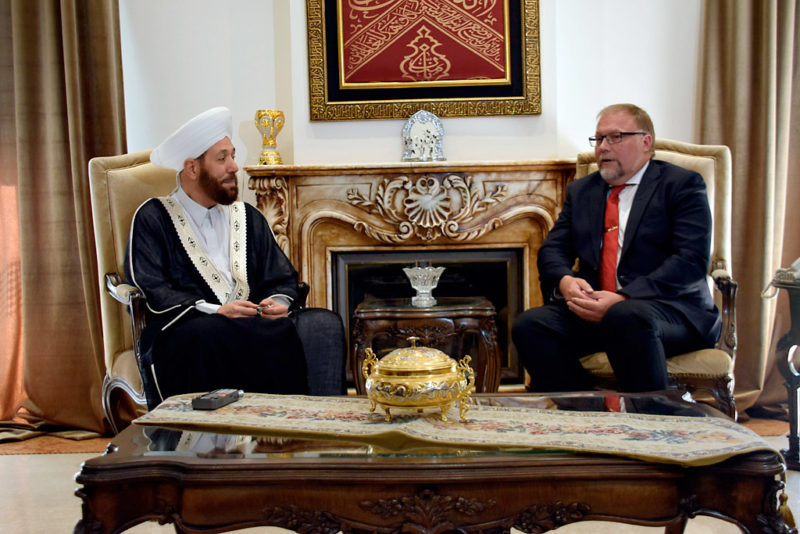
The Grand Mufti of Syria, Ahmad Badreddin Hassoun, welcomes Mikael Jansson. He wishes to warn Europe of the danger in allowing mosques financed by Saudi Arabia or Turkey. Those who wish to live by their rules should go live in those countries, he says. Photo: FWM
He said that Sweden should be wary of Islamic centres being set up in Sweden, and that he was available for Swedish authorities if they wanted cooperation in this regard. Sweden should not allow Islamic centres that are controlled by Turkey or Saudi Arabia, he asserted.
“If they want to live by Turkish or Saudi Islam, they should live in those countries, not in Sweden. In Sweden, you should live by Swedish law.”
And he re-emphasizes the need to be wary of extremists. “They are busy brainwashing people in Sweden. Be aware of this. We ourselves have suffered much because of them.”
Many of those who arrive in Europe today claiming to be Syrians aren’t, he says, but foreign fighters who came to Syria to kill and pillage. Now that government forces have liberated most areas and are still pushing the terrorists back, more and more of them are leaving for Europe.
Just about all the officials we met with, gave us the same message: they want their countrymen back, but not everyone who claims to be from Syria should be believed. Many are actually from Afghanistan, Iraq and other countries. War criminals should be put before an international court to answer for their crimes.
Rebuilding the liberated areas
There are conflicting reports on how dangerous Syria really is and how much has been destroyed. We visited several residential areas in the outskirts of Damascus to document the situation ourselves.
Inside Damascus, life is back to its normal pace. It is hard to imagine that there was a full-scale war only months ago, but a burnt-out building here and there bear witness to mortar strikes against civilians. Our guide tells us that his niece died from a shell that landed just beside her as she was leaving the Damascus Opera House. Death could take away anyone, anywhere, and there was no one who hadn’t lost a relative or friend.
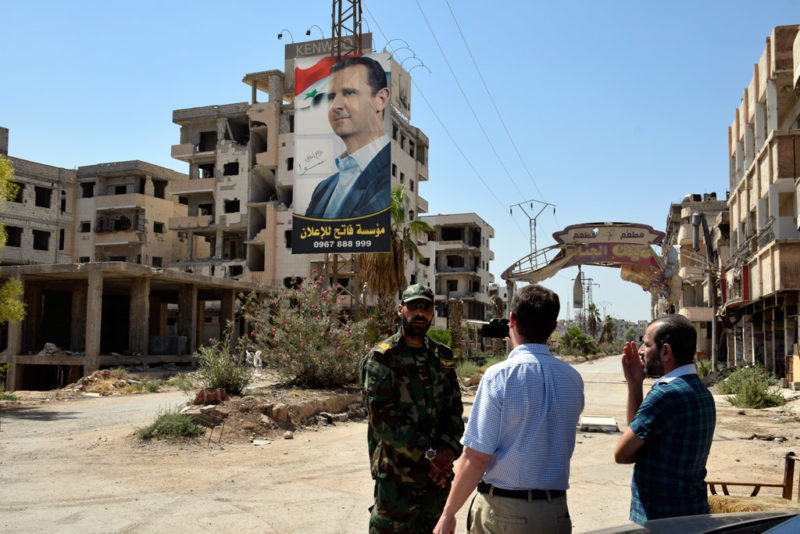
Darayya, a suburb south of Damascus. with Major Fahd Alali explains the course of the conflict. Photo: FWM
One suburb from which shells often came was Darayya, south of Damascus. The district had almost 80 000 residents before the war, and like many other places in Syria, has a long history. Here, on the road to Damascus, legend has it that Apostle Paul met the resurrected Jesus in a vision and was converted to Christianity, sometime during the 30’s A.D.
Darayya was one of the places where the flames of opposition burned strongest in the beginning of the war, and was for a long time in the hands of rebels. We meet with Major Fahd Alali who tells us that the terrorists put snipers in the minarets who fired at both civilians and soldiers. There were factions such as the al-Nusra Front (al-Qaeda in Syria), the Islamic State and other groups with shifting names. It took a long time to negotiate letting the civilians out of the war zone. After hard-fought battles, where almost two thousand Syrian soldiers fell, the Islamists agreed to be evacuated to Idlib province. Over half of the more than two thousand fighters that left in Darayya, turned out to be foreigners, mostly from Afghanistan, Chechnya and other Muslim countries to the East.
Upon our arrival in Darayya, we found entire residential blocks levelled to the ground. However, many civilians have been able to move back to those houses that are not severely damaged, and we were able to visit several car repair shops, carpenter’s shops and grocery stores. Everything seems sort of makeshift, but water, power and sanitation were working and we saw children playing, families walking the streets, and like everywhere else, cafeterias with guests smoking shisha (water pipes).
Maaloula; the symbol of terror
We also visited the Christian enclave Maaloula, with its famous churches and monasteries. This is one of the very few places where people still speak Aramaic, the language of Jesus. When Maaloula was attacked by the terrorists, it was a shock to everyone because the village has no military significance. It is, however, one of the most important Christian sites in the world, with one of the world’s oldest churches and many unique icons.
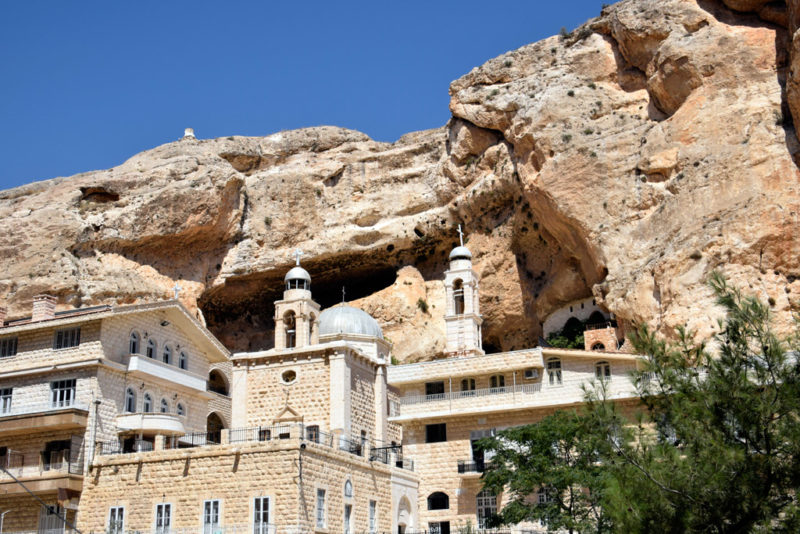
Maaloula, the village where the language of Jesus, Aramaic, is still spoken. While the smaller houses are located in the valley, the monasteries are built on the mountains around them, with the oldest church highest on the crest. It was there that the terrorists ensconced themselves, where they could survey the surroundings. Photo: FWM
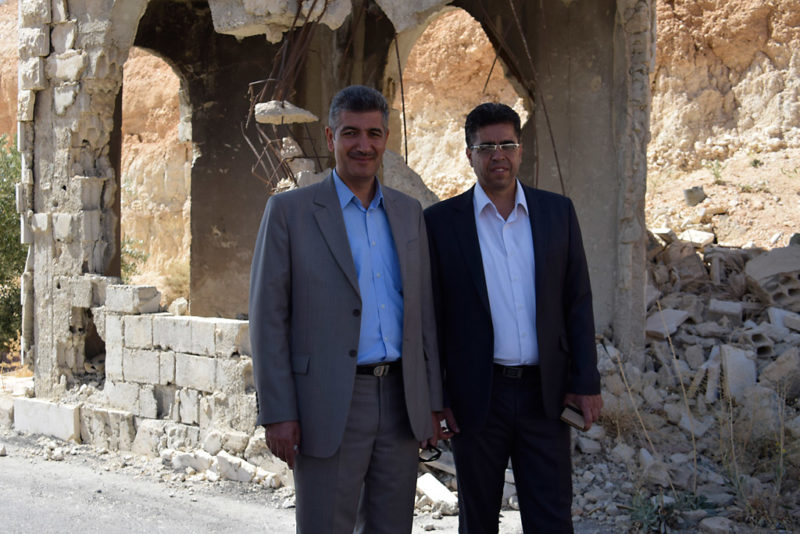
Maaloula’s Mayor Naji Wehbi (right) and Member of Council Dr Joseph Saadch standing at the gates to Maaloula that were badly damaged by a suicide bomber driving a truck that killed over 20 soldiers at the checkpoint. Photo: FWM
Dr Joseph Saadch, Member of Council of Maaloula, told us that the terrorists that attacked the village numbered around two thousand and that they shot many civilians. Nuns were abducted. Then, the terrorists set their sights on Maaloula’s cultural heritage. The ancient church was partly blown up, icons were stolen and the faces of the saints painted in the walls were chopped away.
“They also broke the altar in half because they believed that there was a treasure underneath it, but they didn’t find anything,” a priest in the church tells us.
The altar is unique in that it has a blood-furrow. This is because the church was originally a temple of Apollo where animal sacrifices were performed, and the altar was kept when it was turned into a Christian church.
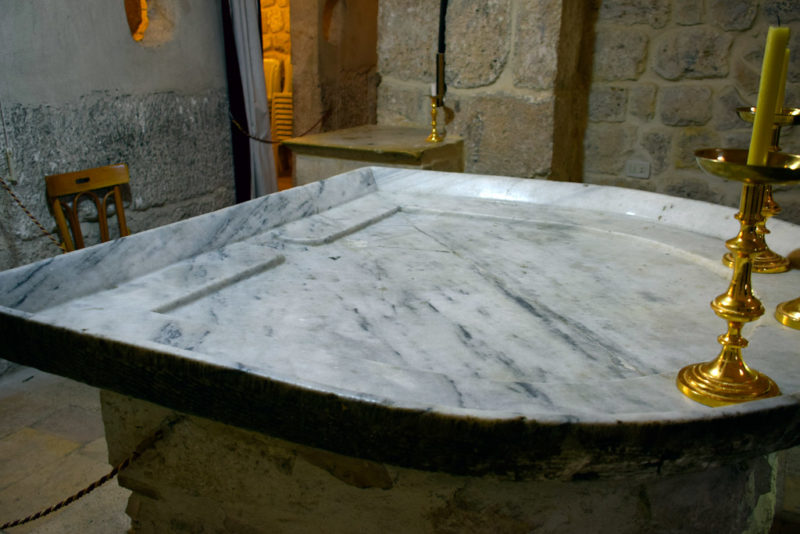
The pagan alter in the ancient church in Maaloula. The terrorist broke it in two, but it has now been restored. Photo: FWM
The Syrian Army lost more than 200 men driving the terrorists out, mostly because they couldn’t use heavy weapons for fear of damaging the unique shrines. Many who don’t understand the situation were baffled that Lebanese Hezbollah, a Muslim army, took part in the liberation of Maaloula. Much like Syria, however, Lebanon is religiously tolerant and one of the last refuges for Christians and other minorities in the Middle East.
Warning of Wahhabites
Maaloula’s Mayor told us that the problems started when some people from Maaloula went to Saudi Arabia as guest workers. They were Muslims, but had lived in peace with their Christian neighbours for generations. When they returned from Saudi Arabia, however, they had changed entirely, as if they were brainwashed. When the terrorists closed in, they betrayed their Christian neighbours.
We hear similar stories from others in Syria. The strange thing is that Syria had been experiencing an economic boom before the war. The economy was doing well, goods were exported to every neighbouring country, conditions were steadily improving for ordinary people. Everywhere we go, we see many half-build houses, some of them almost finished and ready to move in to. Large-scale public building projects of hospitals, orphanages and government offices were never finished.
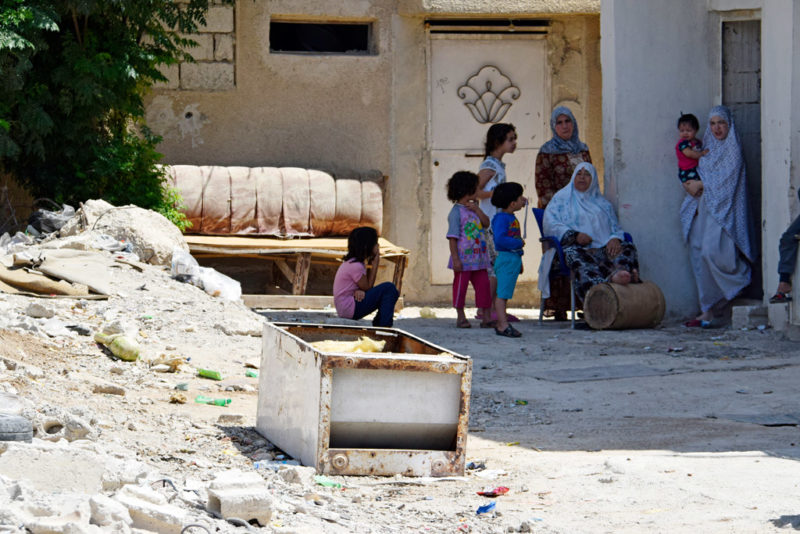
In Darayya, south of Damascus, life is slowly returning to normal. Power, water, sanitation and mobile communications have been restored. Homes are being repaired or rebuilt, and cafeterias, workshops and stores have opened up again. Photo: FWM
Earlier, there was a ban in place against foreign financing of mosques, but when Bashar Assad took over the presidency from his late father Hafez, he relaxed those rules. Immediately, lots of Saudi-financed mosques started popping up.
“When the unrest started in North Africa in 2011, we imagined that this could never happen here. We like to eat, smoke shisha and relax. But people who came from the mosques after Friday prayer had been radicalised; those are the ones who started with the protests,” says a man who recently moved back to Darayya.
Bishop Louka H. El-Khouri explained that in Syria, both Muslim and Christian holidays are celebrated each month. This has never been a problem. But he wished to warn Sweden and Europe about Wahhabi mosques, and particularly the schools which are tied to these.
“Mosques that are financed by Saudi Arabia, with their Wahhabi teachings, if you examine them more closely you will find the devil,” he suggested.
He reiterated the same claim we heard from others: that those who went to Saudi Arabia as guest workers came back as fighters for the Islamic State.
We asked him what Sweden and Europe ought to do about those radical Islamists who are already living among us?
“Kick them out!” the Bishop snorted. “It’s simple. If you let them stay, they will cause lots of problems. They are extremists who enjoy the sight of blood. I’m sure you have had some terrorist attack in Sweden. These people do not want to live in peace with others.”
All rights reserved. You have permission to quote freely from the articles provided that the source (www.freewestmedia.com) is given. Photos may not be used without our consent.
Consider donating to support our work
Help us to produce more articles like this. FreeWestMedia is depending on donations from our readers to keep going. With your help, we expose the mainstream fake news agenda.
Keep your language polite. Readers from many different countries visit and contribute to Free West Media and we must therefore obey the rules in, for example, Germany. Illegal content will be deleted.
If you have been approved to post comments without preview from FWM, you are responsible for violations of any law. This means that FWM may be forced to cooperate with authorities in a possible crime investigation.
If your comments are subject to preview by FWM, please be patient. We continually review comments but depending on the time of day it can take up to several hours before your comment is reviewed.
We reserve the right to delete comments that are offensive, contain slander or foul language, or are irrelevant to the discussion.
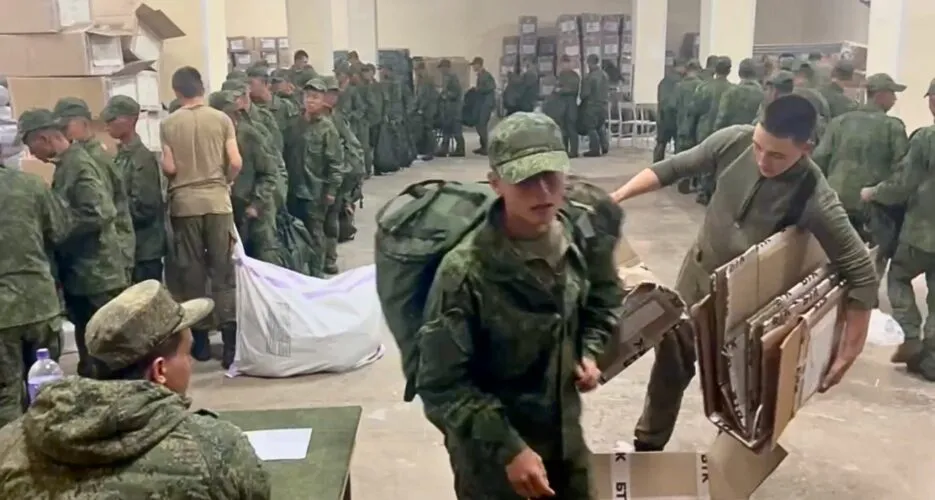
North Koreans in Russian Uniform Is Unprecedented. All Bets Are Off
The least radical possibility is Moscow signaling it could tap North Koreans next year. It's not the only one
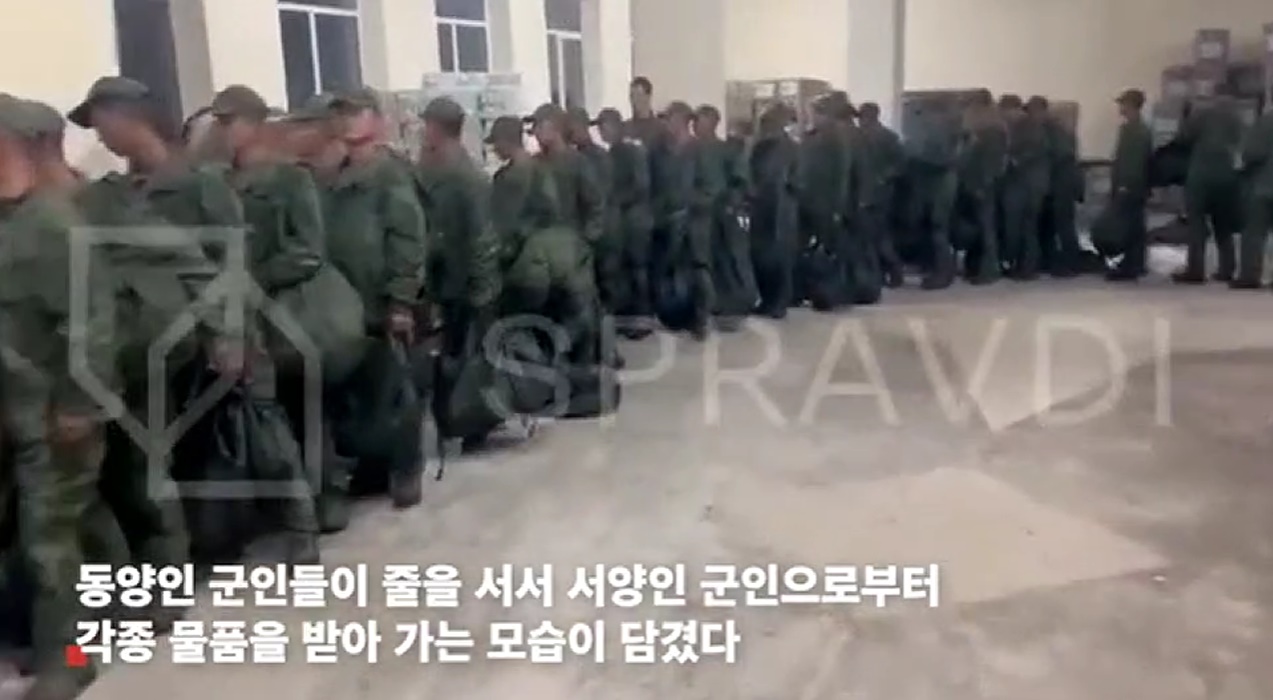
North Korean Infantry Spotted in Russian Far East, Could Be on Way to War
Ukrainians say North Korean entry into war expected, they could be wrong, but lying they aren't
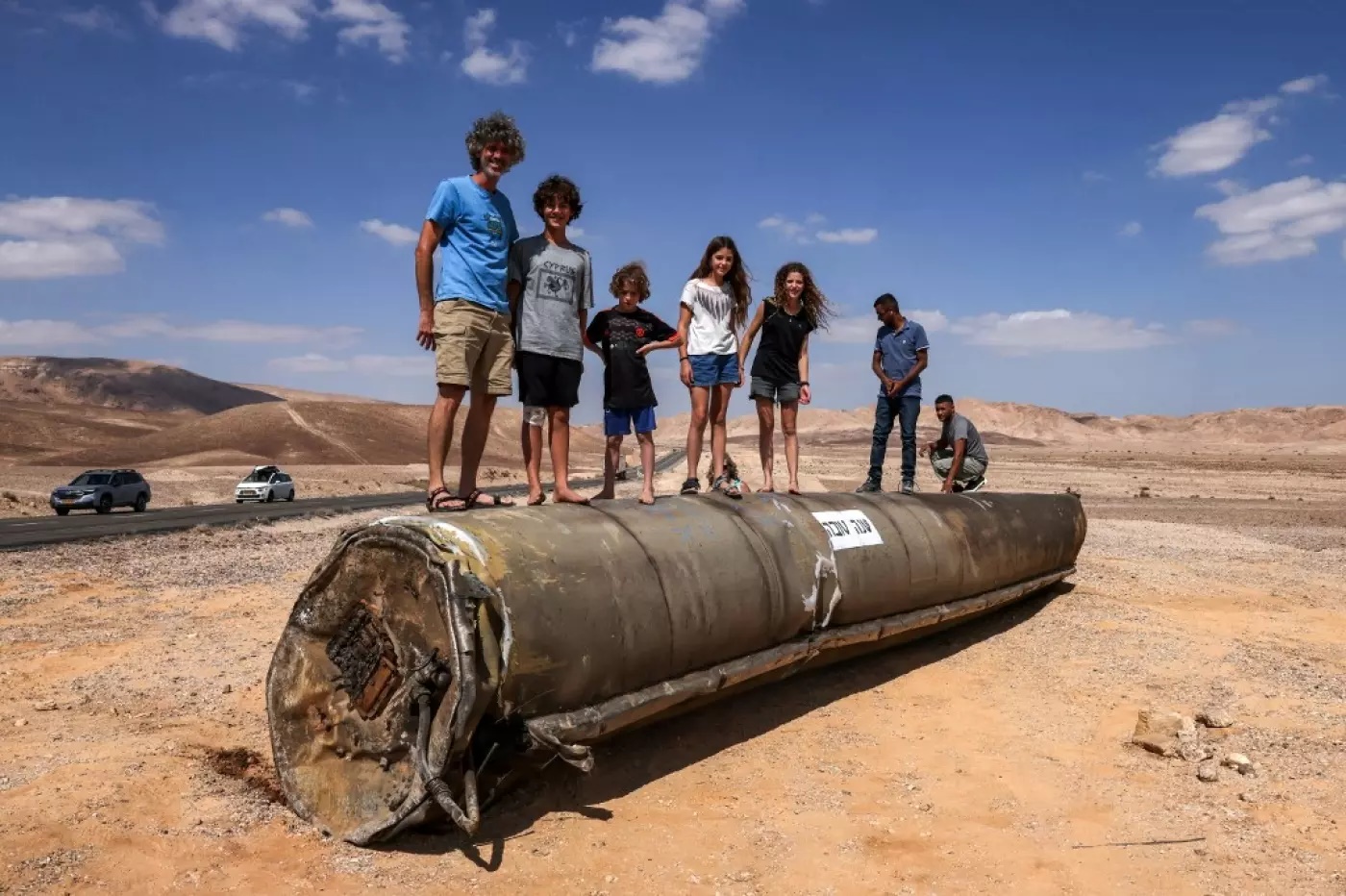
Iran’s Israel Strike Ditched Drones & Cruise Missiles and Was More Effective for It
First image of damage released, as Israel bombs an Iranian depot in Syria under Russian air-defense umbrella
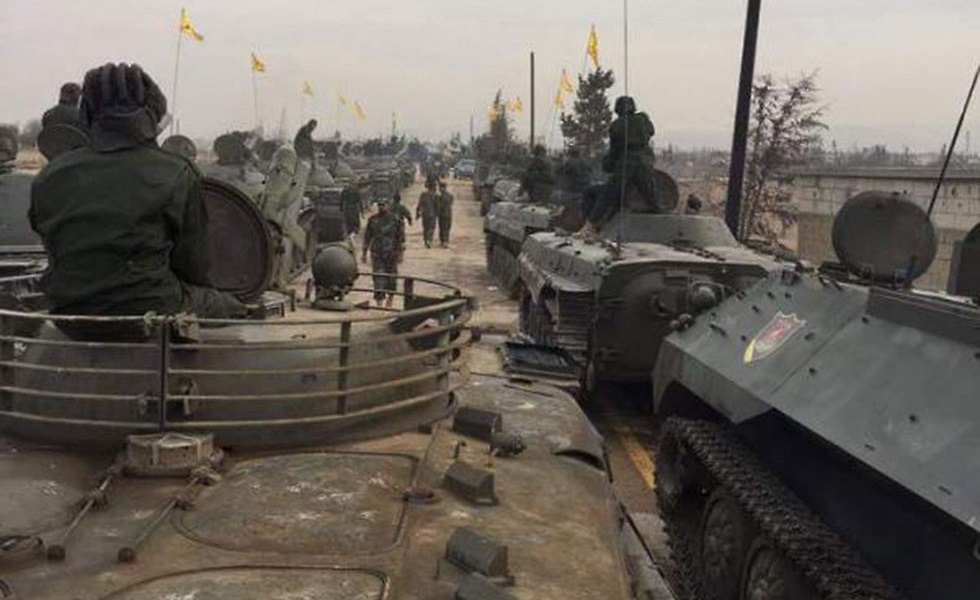
IDF Invasion Threatens to Repeat Hezbollah’s Own Mistake in Opening a War for Its Own Sake
Working on revenge for 18 years Israel gave a complacent Hezbollah more than it bargained for, but what now?
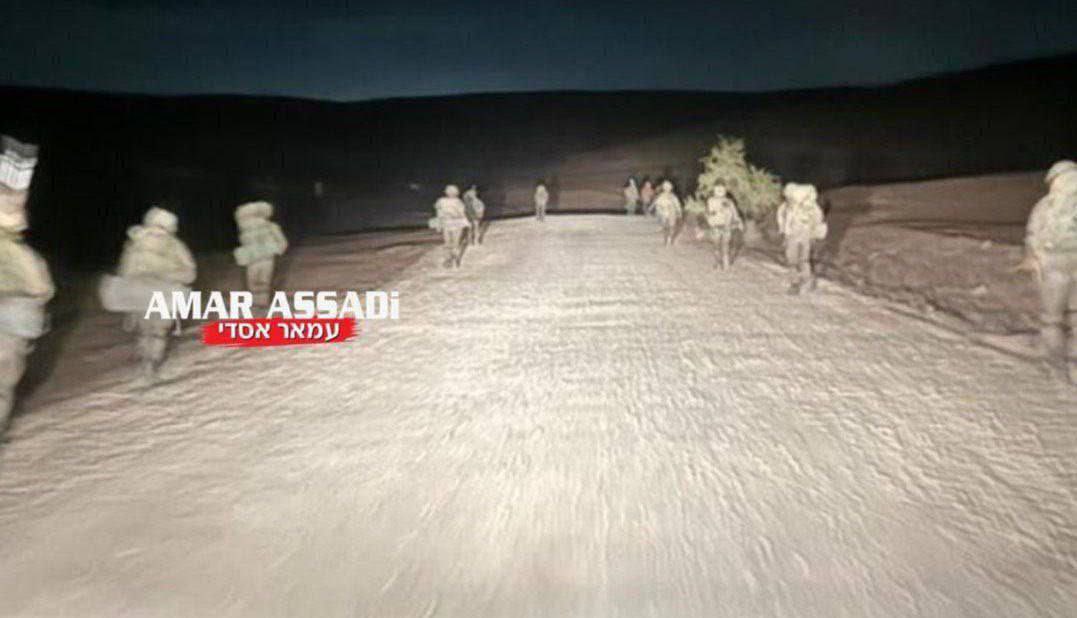
Israeli Special Forces Enter Southern Lebanon; US Told Invasion Imminent
A US donation of $8.7 billion in military aid secured ahead of the enterprise
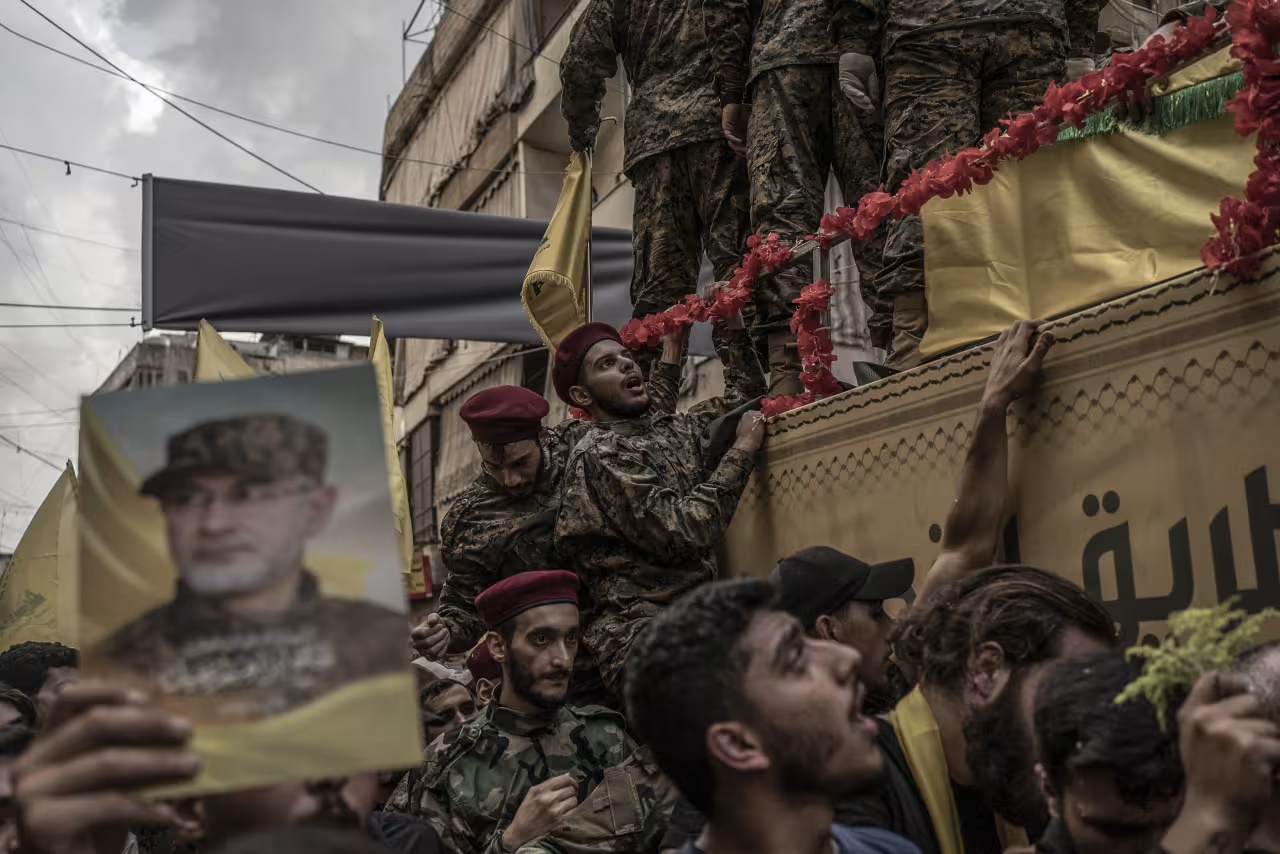
The Wall Street Journal: Lebanon Ground War Will Be a Different Story for Israel
"It's a little like saying to the United States in 1980, 'Let's go back into Vietnam.'"

Swedish Weapon Takes Down Russia’s Best Attack Helicopter
The Russian attack helicopter Ka-52 is considered one of the world's best and has struck fear in Ukraine, where it has hunted down tanks and other armored vehicles, often beyond the range of many light anti-aircraft systems. However, it has met its match in the Swedish air defense missile system RBS 70, which has quickly led to significant losses for the Russian helicopter forces.
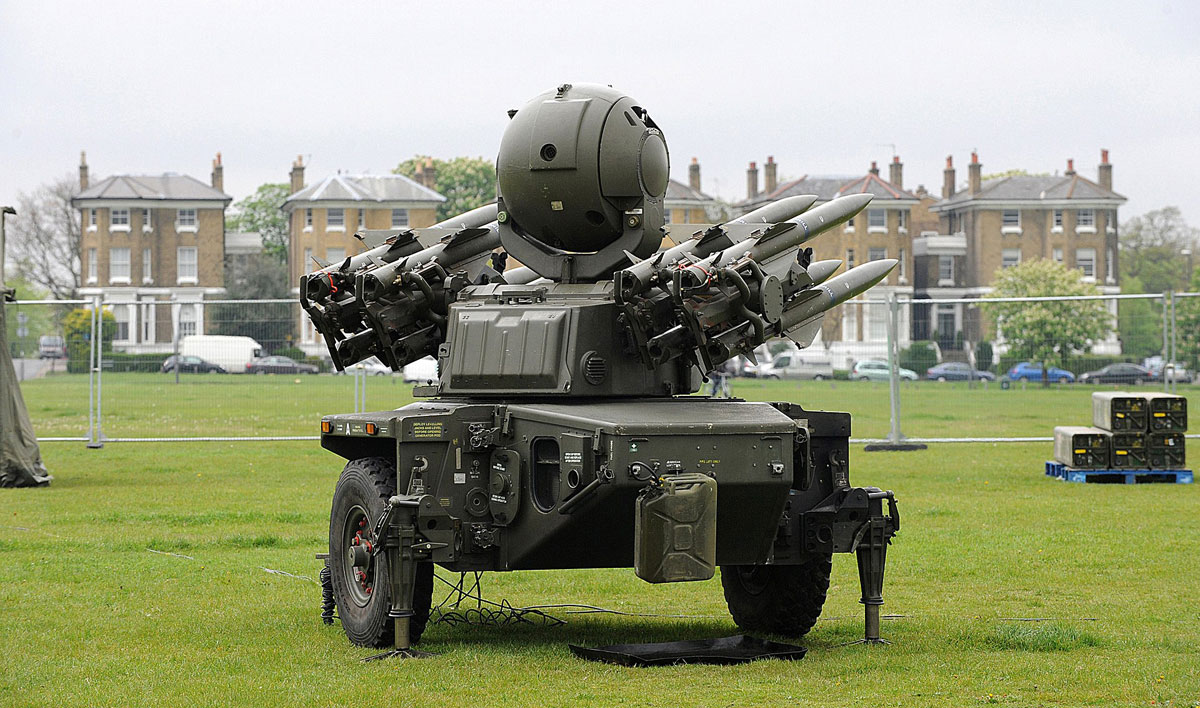
Switzerland destroys its weapons instead of giving them to Ukraine
Despite growing international pressure, Switzerland is instead destroying older air defense systems that it has decommissioned. The country claims that sending weapons to a warring party would violate its historical neutrality policy.


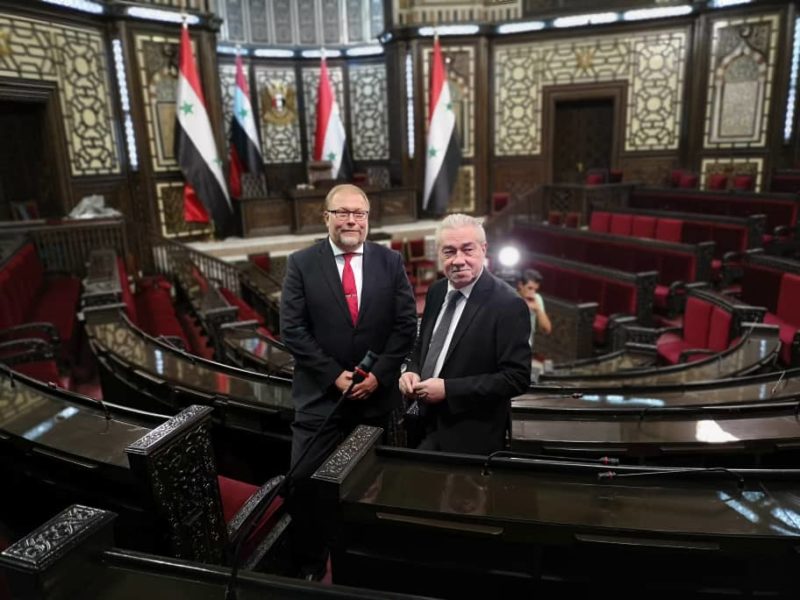
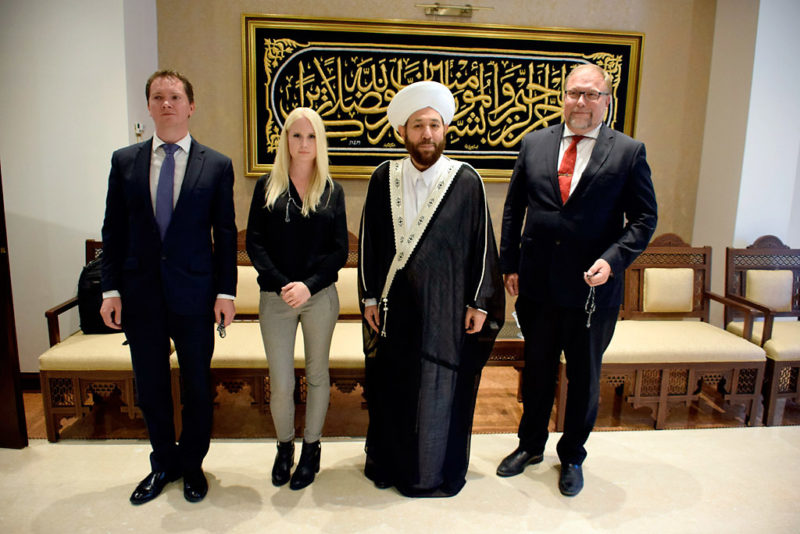
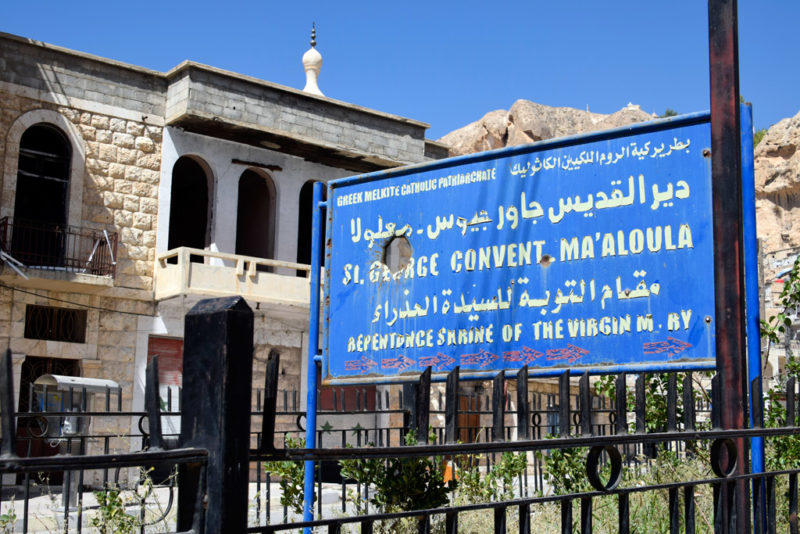
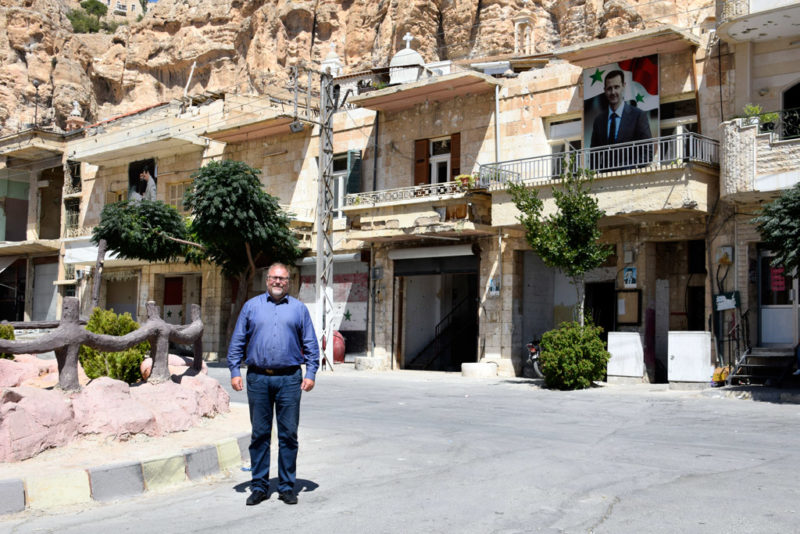
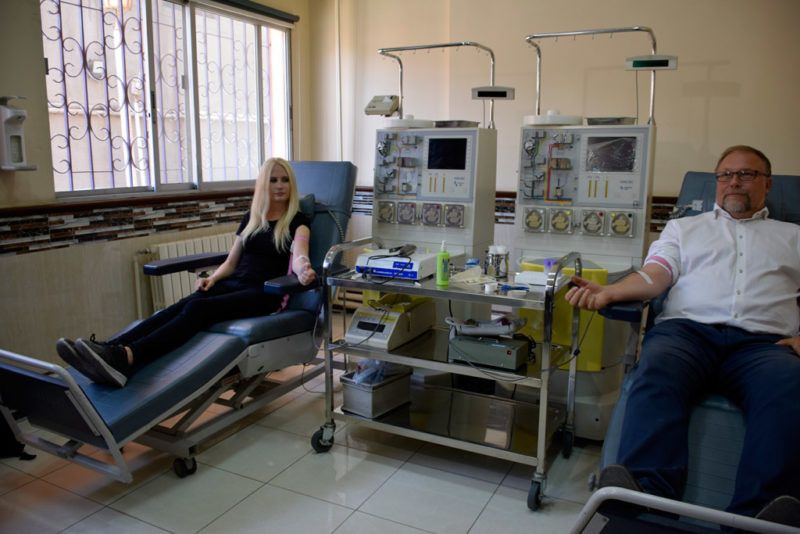
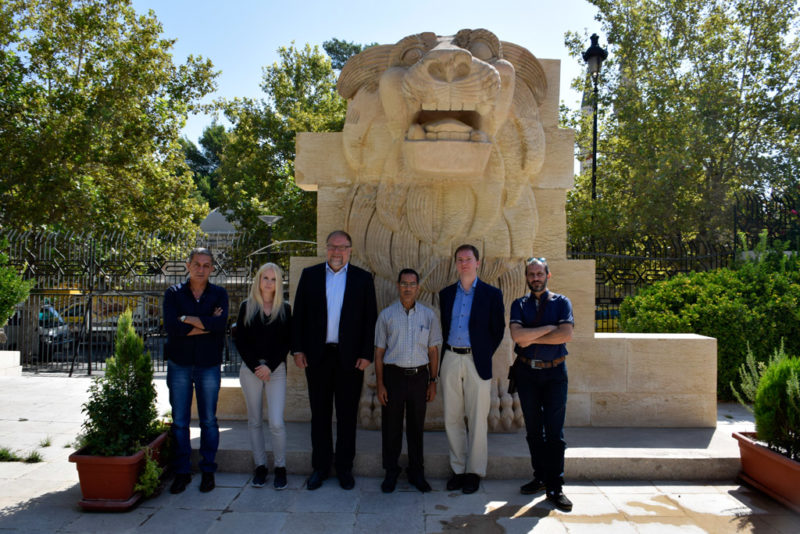

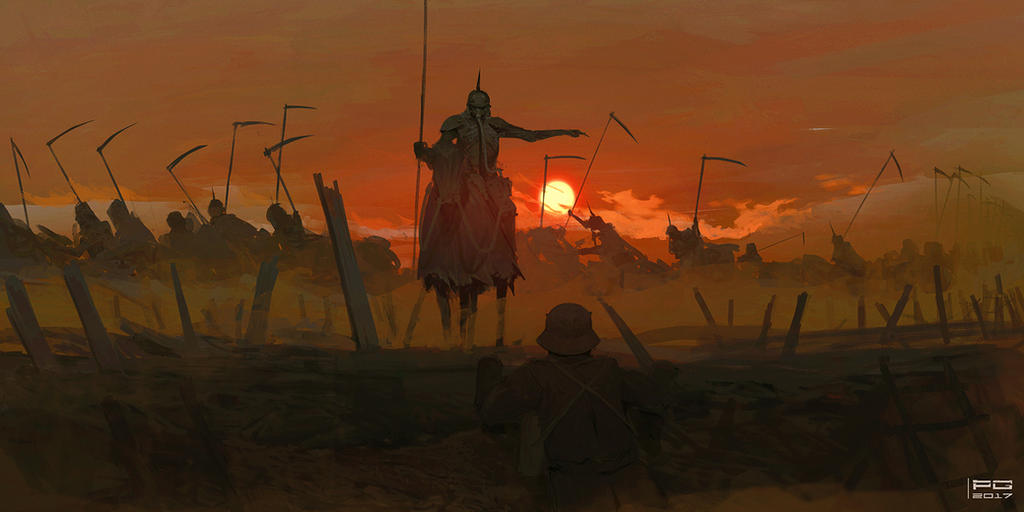
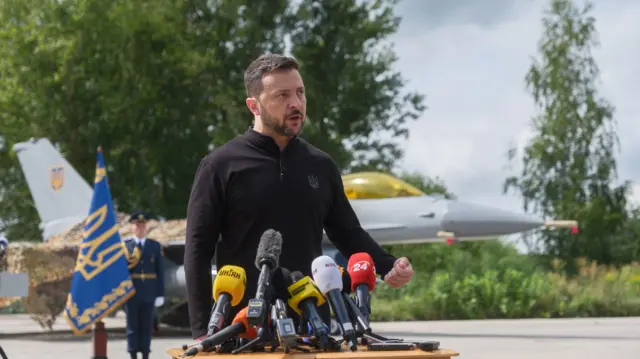
No comments.
By submitting a comment you grant Free West Media a perpetual license to reproduce your words and name/web site in attribution. Inappropriate and irrelevant comments will be removed at an admin’s discretion. Your email is used for verification purposes only, it will never be shared.